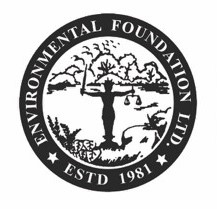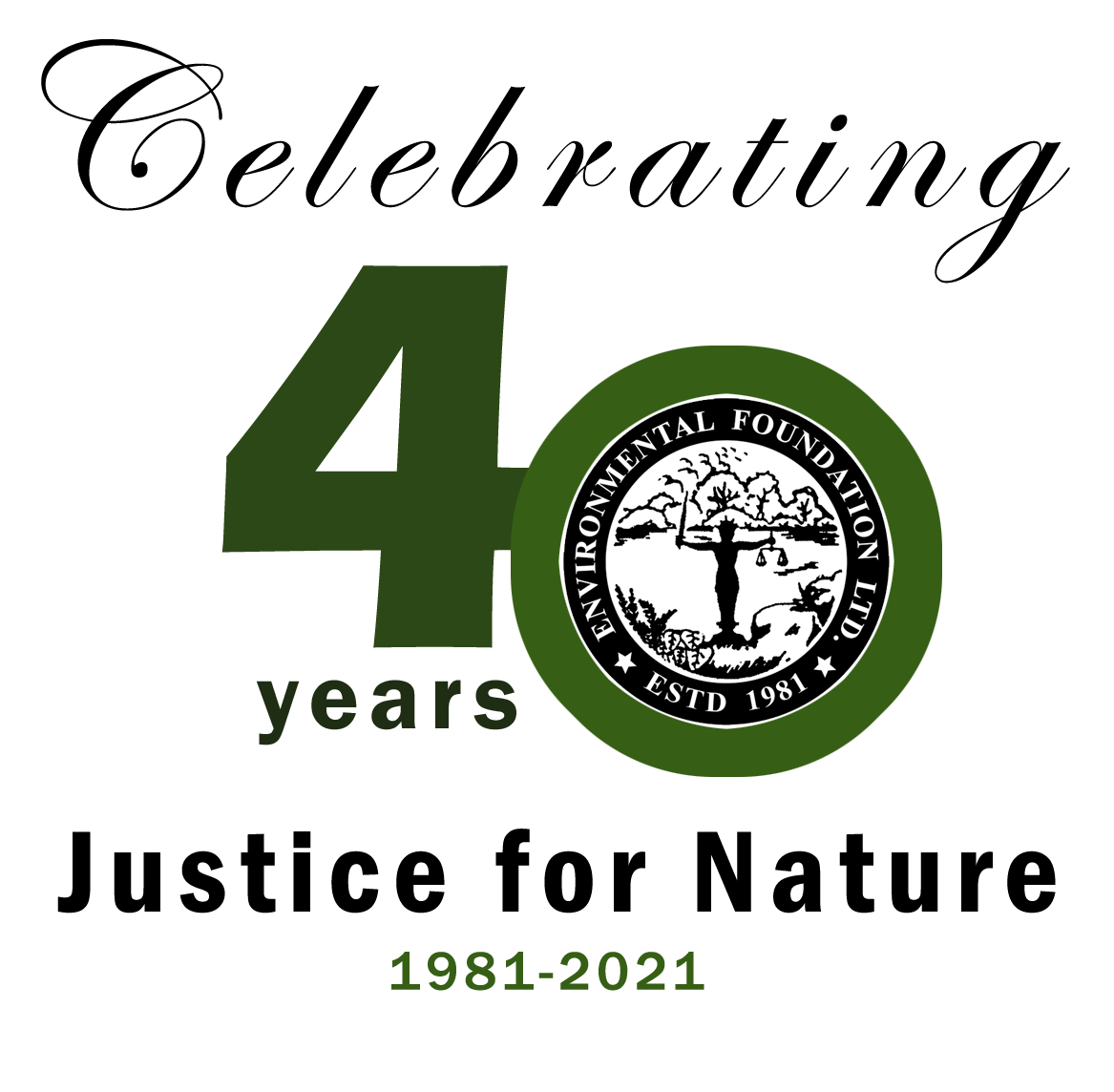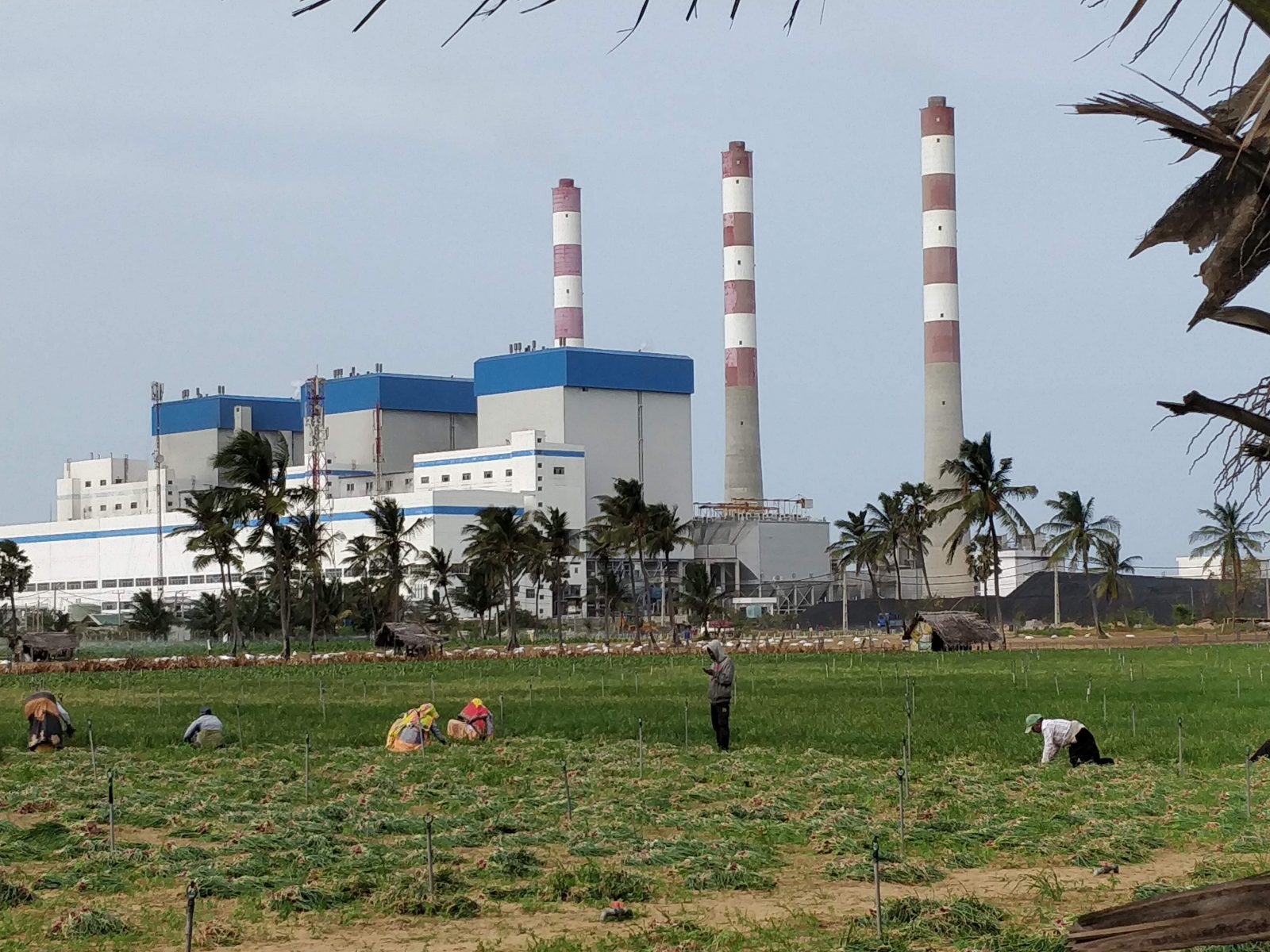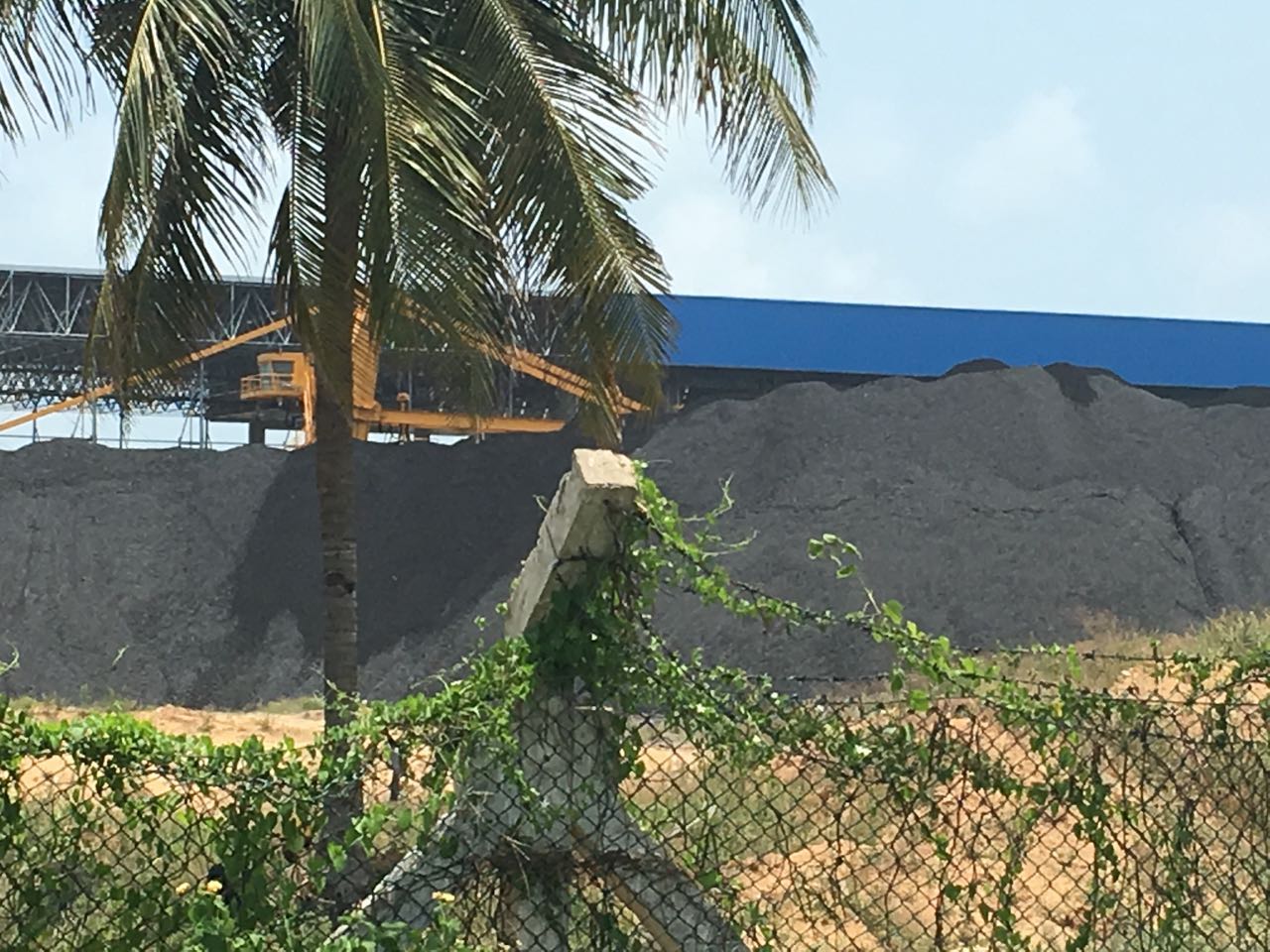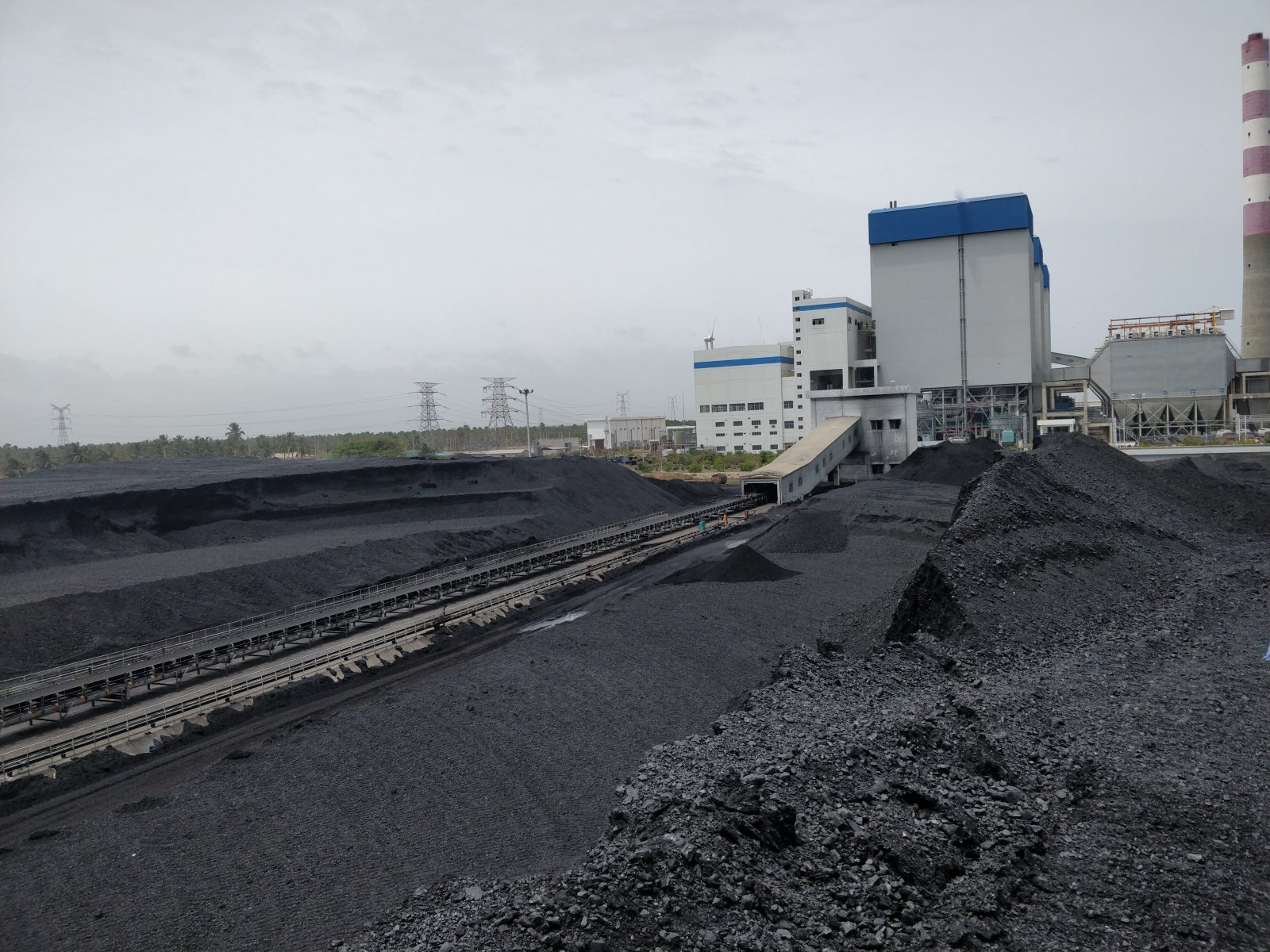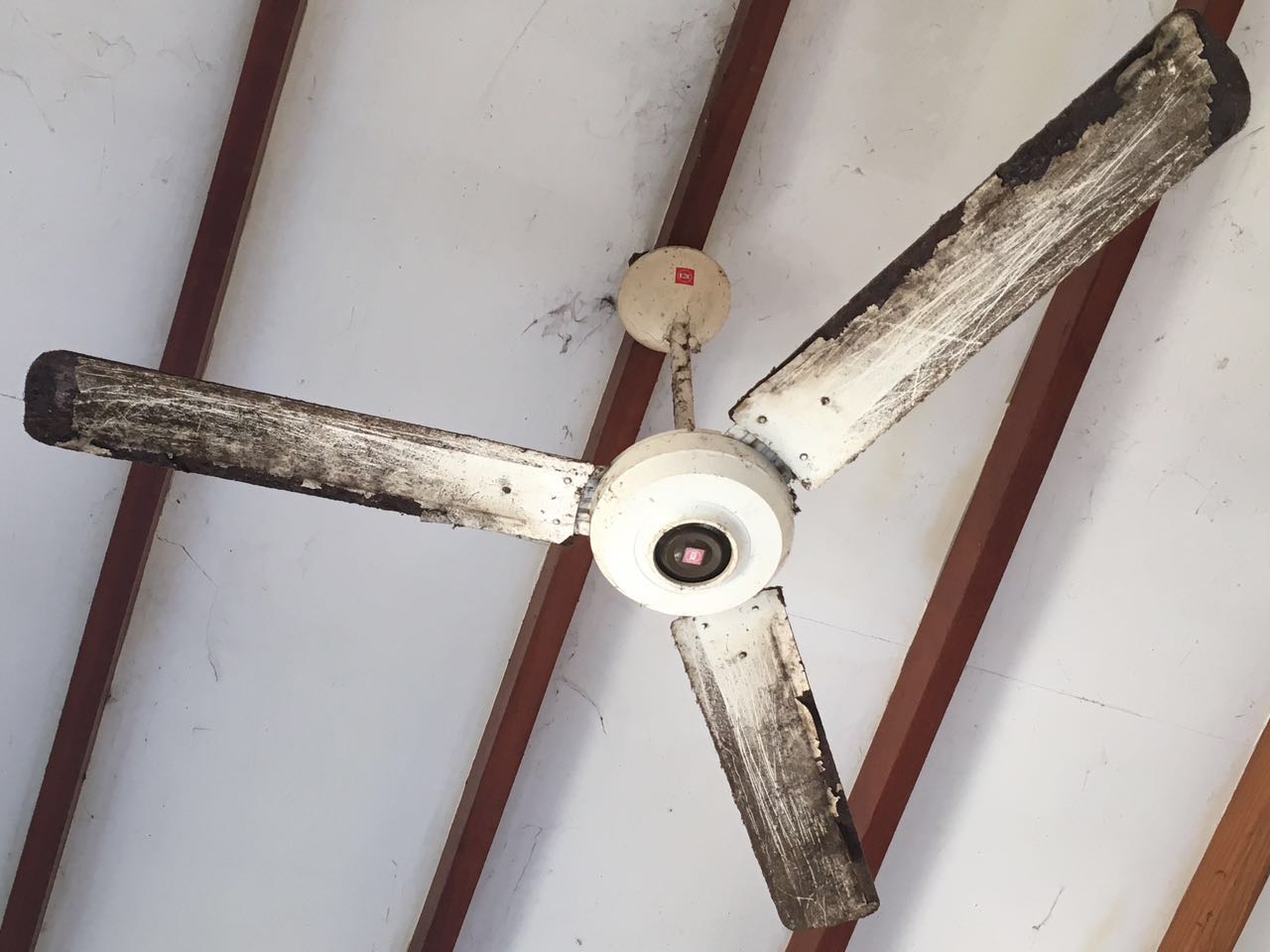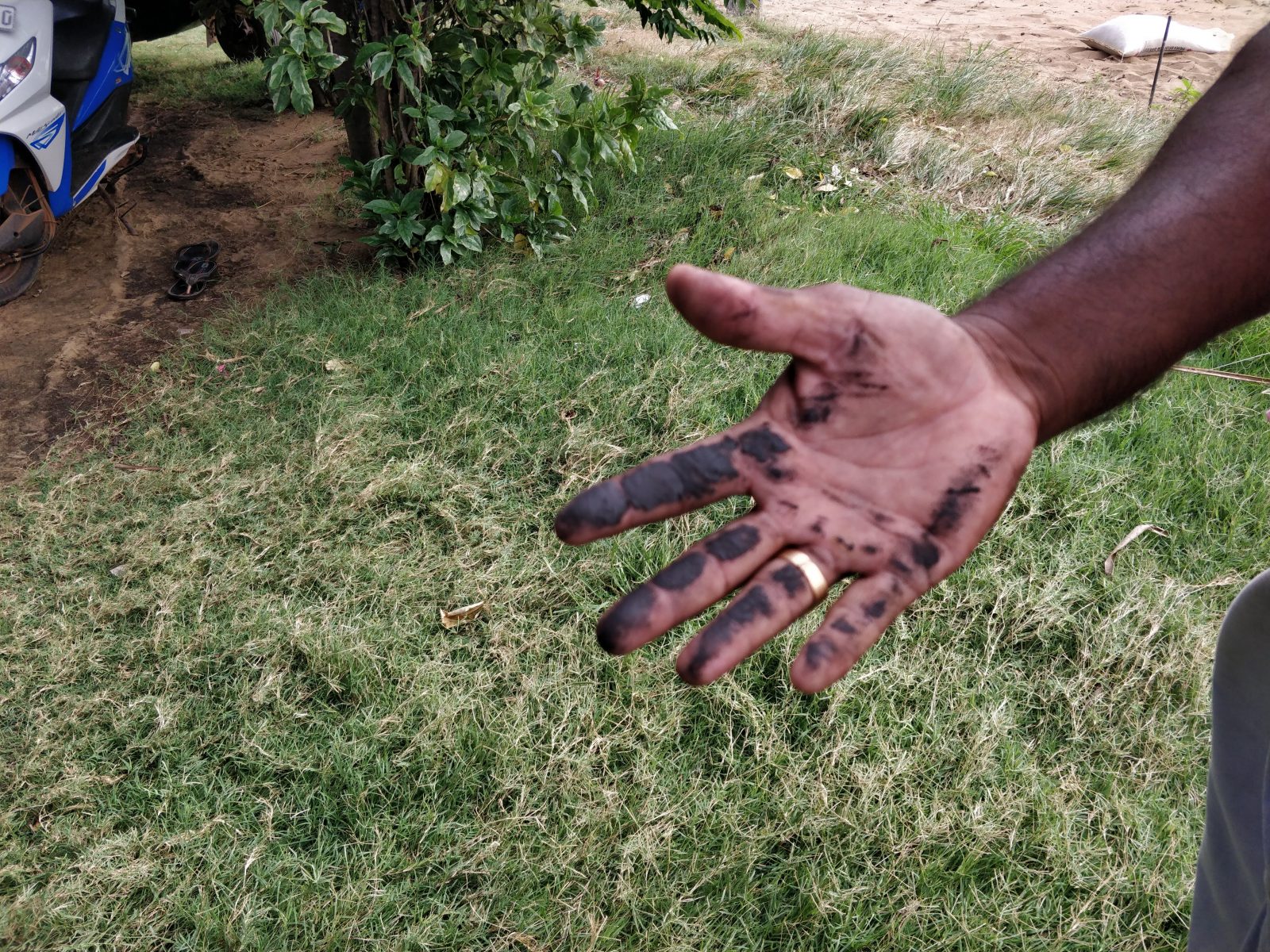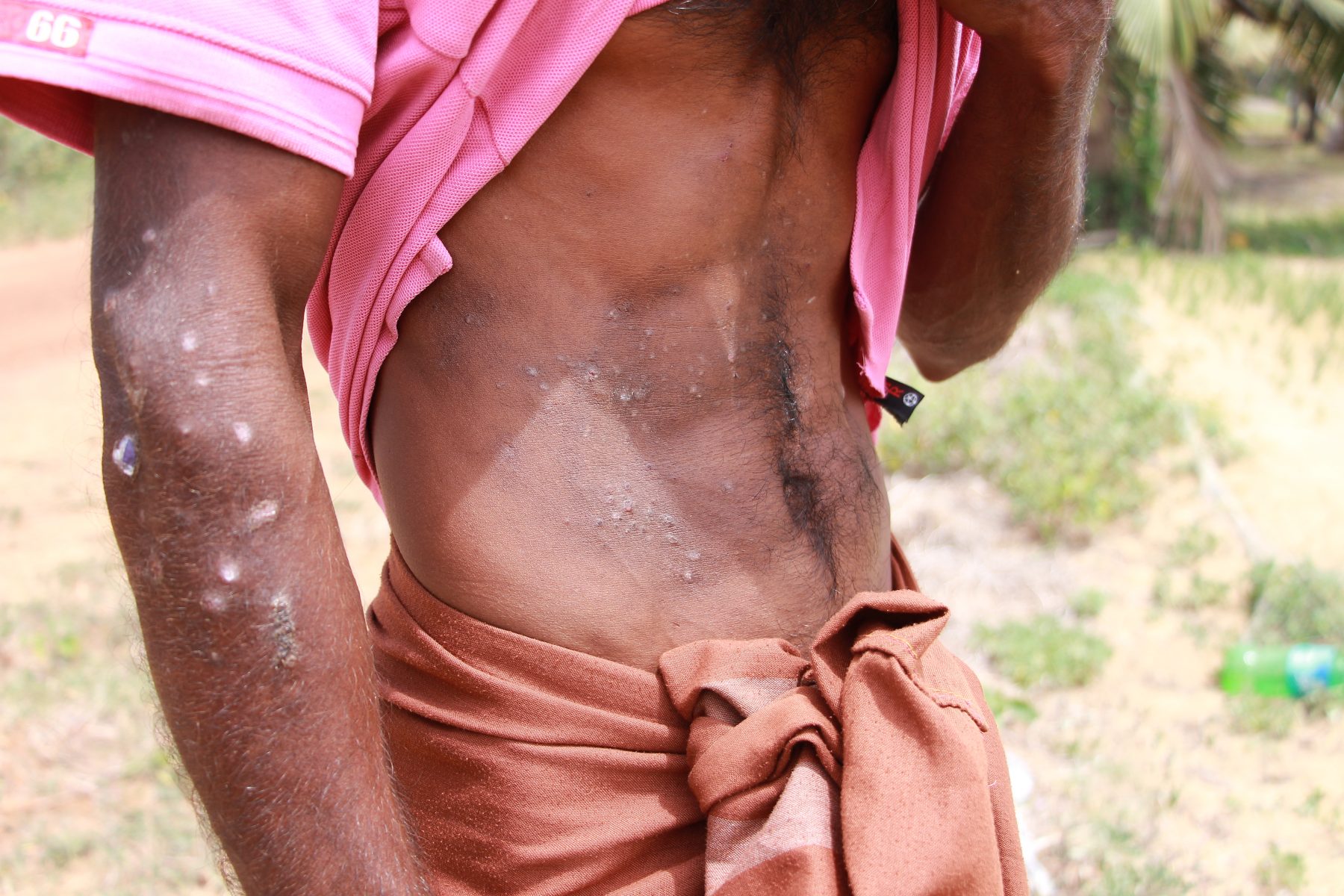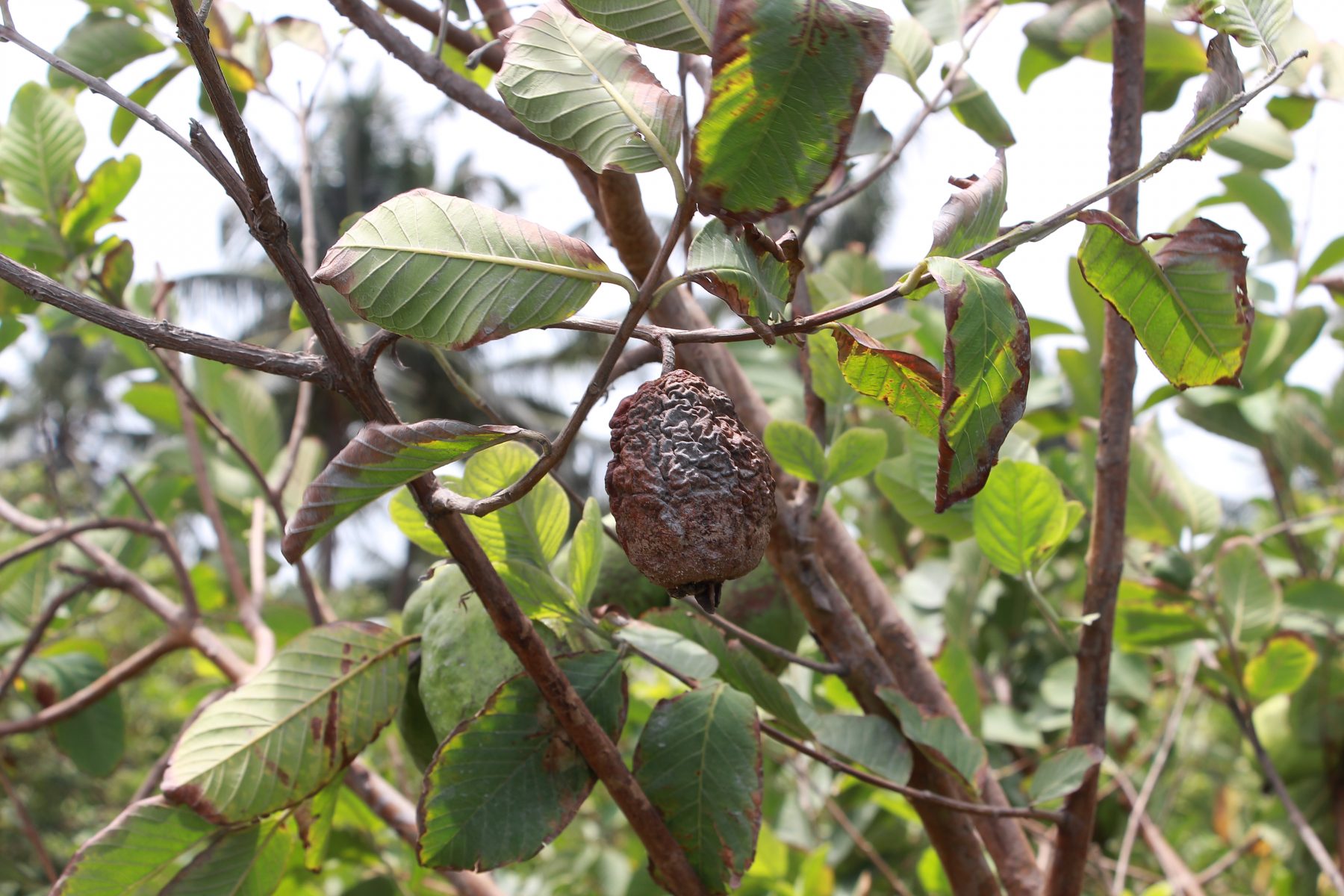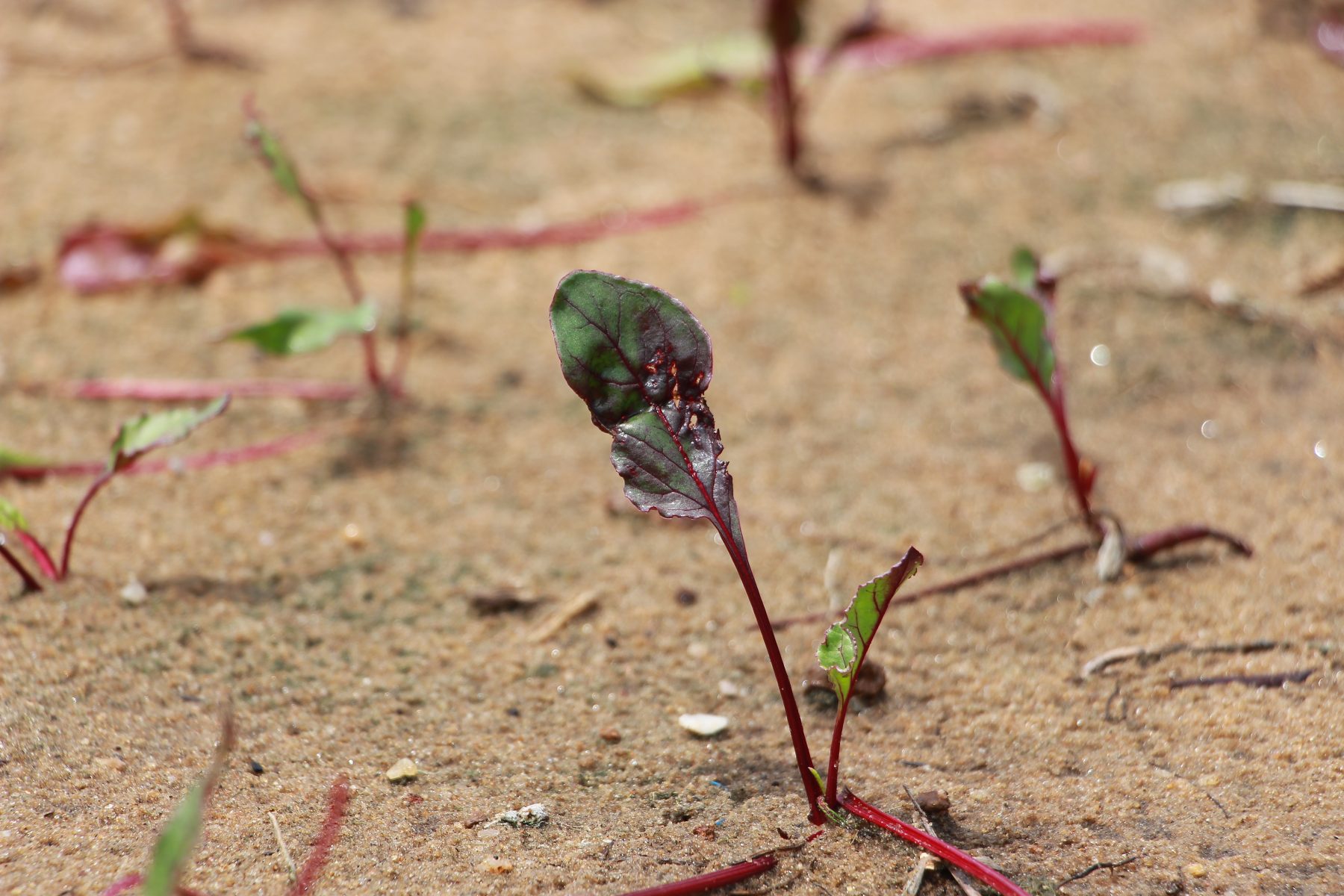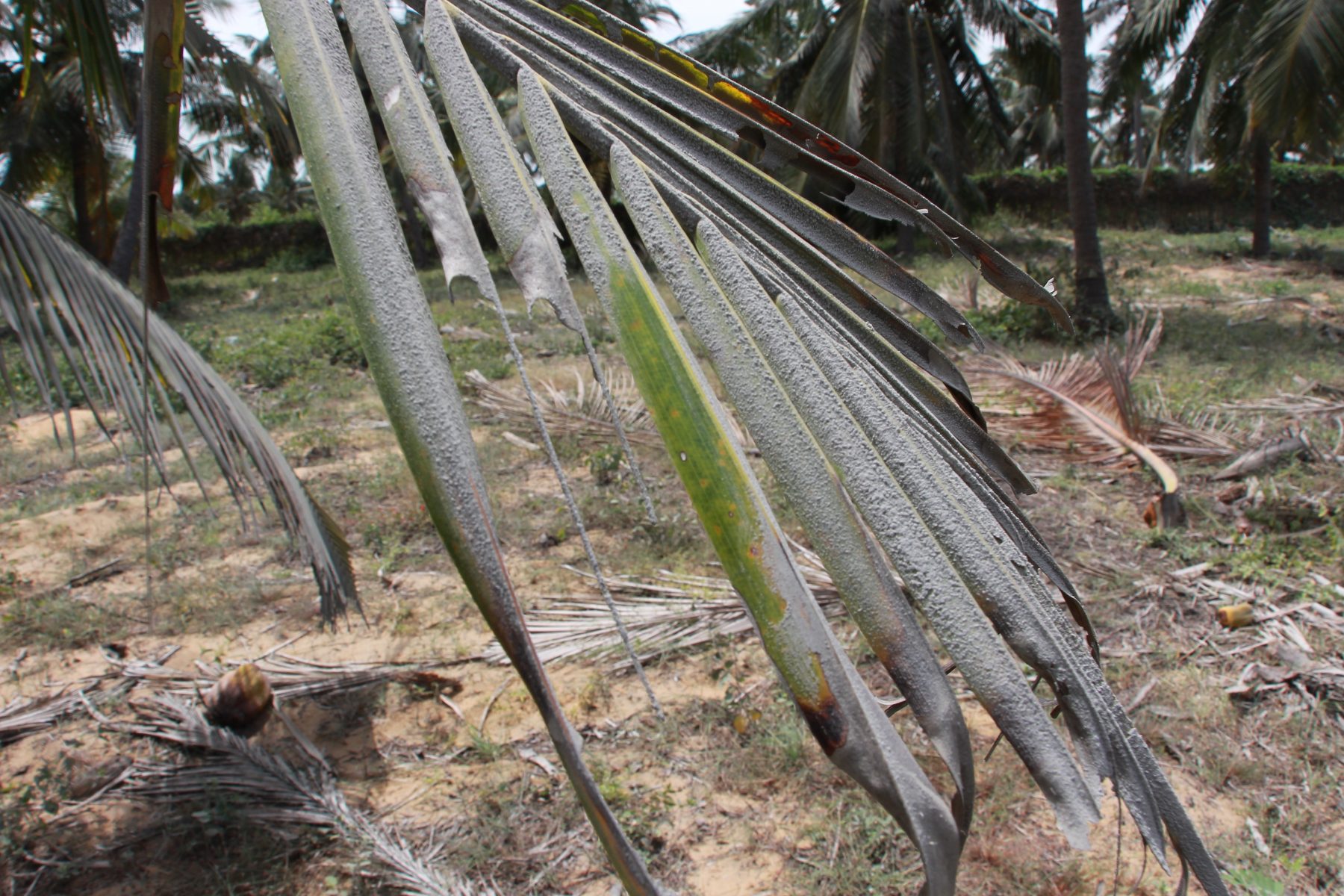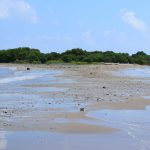Category:Cases - Archive, Legal
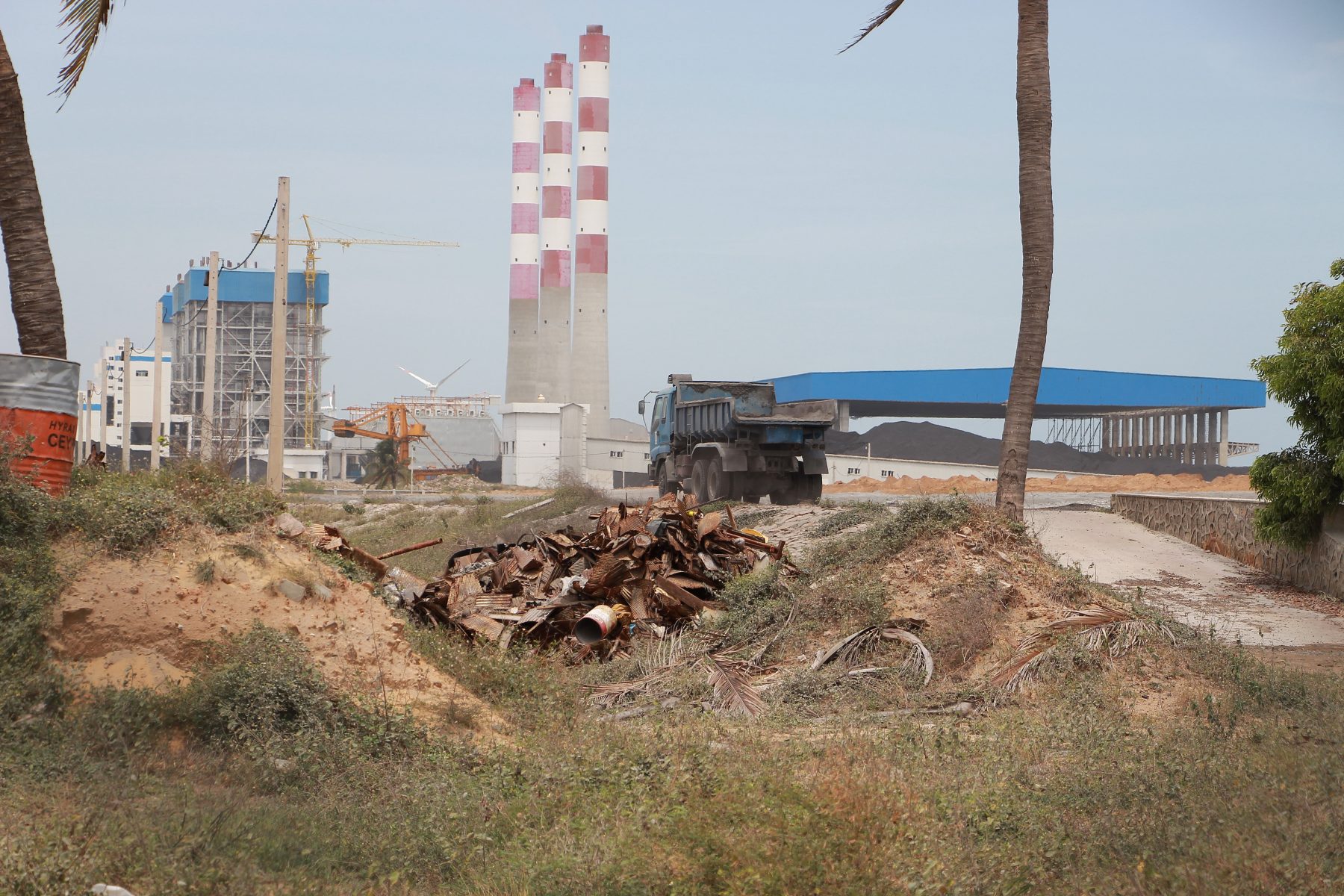
Case Number
SC (FR) 282/16
The Lakvijaya Coal Power Plant, more commonly known as the Norochcholai Coal Power Plant (NCPP) is located in the village of Narakkalli and Penaiyadi near Norochcholai, within Puttalam District, on the West Coast of the Kalpitiya Peninsula. The power plant was proposed by the Ceylon Electricity Board (CEB) in 1995 and the construction of the facility began in 2007. It was constructed in 3 phases and completed by September 2014, with a total power generation of 900 MW. The following is a tabulated description of EFL’s engagement in mitigating the negative environmental and social impacts of the coal power plant.
Environmental Foundation Limited (EFL), together with three affected community members (a fisherman and 2 farmers) from Norochcholai, invoked jurisdiction of the Supreme Court under a Fundamental Rights application on the 22nd August 2016, against the only coal power plant in Sri Lanka. This case challenges the NCPP as it causes serious health, economic, and environmental impacts violating several provisions of the Constitution including Article 12 (right to equal protection of law), Article 14(1)(g) (right to occupation) and Article 14 (1)(h) (right to choose one’s residence and freedom of movement). Moreover, EFL’s Petition pleads that the NCPP’s operations are contrary to Sri Lanka’s international obligations towards emission reduction and environmental protection as stipulated in the Kyoto Protocol to the United National Framework Convention on Climate Change, The UN Framework Convention on Climate Change (UNFCC), Paris Agreement on Climate Change and others.
The NCPP poses irreversible grave impacts to the health, safety and livelihoods of surrounding communities and causes irreparable damage to the environment, both land and sea. Emissions cause multiple adverse impacts as the coal itself is toxic and burning of the coal releases greenhouse gases and toxins. The coal combustion produces residue such as fly ash (generated from coal combustion), bottom ash (deposited in the system) and boiler slag. These materials are hazardous to both human health and environmental sustenance as they contain heavy metals such as mercury, and radioactive nucleoids.
The impacts of the coal power plant not only affect those living in its immediate vicinity but pose the threat of harms to future generations as well.
The Supreme Court issued a directive on the 24 March 2017, stating that EFL should partake in the discussion along with an independent Technical Review Committee (TRC) appointed by the Public Utilities Commission of Sri Lanka (PUCSL). The purpose was to review operations of all major power plants monitoring their environmental and social impacts. The CEB, Central Environmental Authority (CEA), North Western Province Provincial Environmental Authority (NWPEA) and community representatives from Norochcholai were other parties to this discussion. The TRC had made a decision to investigate issues pertaining to the NCPP first as it was the most critical out of all.
On the 01 February 2018, members of the committee signed an agreement titled ‘Implementation Plan for the Mitigation of Environmental Impacts caused by the Norochcholai Coal Power Plant’. The agreement was formulated following several meetings and incorporated comments for the above committee, organization and individuals. As per this agreement, a detailed action plan based on the above, was formulated and submitted to Court.
The said committee meets on a regular basis to monitor the implementation of the plan for the next two years while the Supreme Court have granted further time for all parties to enter into a settlement on the mitigatory environmental measures.
The case was taken up before the Supreme Court on 15.02.2019 and the State Counsel appearing for the Attorney General’s Department sought to file Limited Objections. Accordingly the court ordered the Attorney General’s Department to file their Limited Objections on or before 30.04.19 and the Petitioners were ordered to file their reply by way of an Affidavit on or before 15.05.19.
The case was supported on 27.09.2019 to obtain Leave to Proceed and the Supreme Court reserved the Order to be issued in due course.
EFL has made multiple sites visits to NCPP since partaking in the monitoring committee in 2017. Based on observations made and discussions during these site visits, we have filed 3 site observation reports in court.
The reports include accounts of –
- Coal yard management
- Ash yard management
- Waste water treatment systems
- Health and safety practices
- Stack emissions
- Accounts from local villagers in the neighbouring communities
EFL has a strong, ongoing relationship with the community members living in the vicinity of NCPP, this includes three members, who are Petitioners to the court case. Information is shared on a regular basis on the situation on-ground, their relationship with NCPP and any incidents that take place over time.
EFL filed a case in this regard and it was taken up on 05.07.2019 at the Court of Appeal. Petitioners were ready to support the case for Interim Relief. The case was taken up on the 14.10.2019 and the justices ordered the parties to seek a settlement of this matter and ensure that there are several meetings between the parties in an attempt to settle the issues. With this settlement terms for this case were prepared and filed by the Attorney General’s Department for which EFL filed the observations on behalf of petitioners and attended a meeting organized by the Attorney General’s Department for the purposes of considered a settlement. However, except for the Ministry of Christian and Religious Affairs none of the other Respondents were in attendance. Therefore, it was decided that the matter may be fixed for argument and the same was prayed on the 03.12. 2019. The case was argued on 02.07.2020 and the case is reserved for Judgment on 25.09.2020. The case was argued on 02.07.2020 and the judgment was delivered by the Court of Appeal on 25.09.2020. The Court of Appeal upheld the Preliminary Objection of the Respondents and dismissed the application.
Updates
*to be entered under “Current Status of the Case” tab*
The Case was taken up before the Supreme Court on 01.07.2020 and the Court refused to grant ‘Leave to proceed’.
